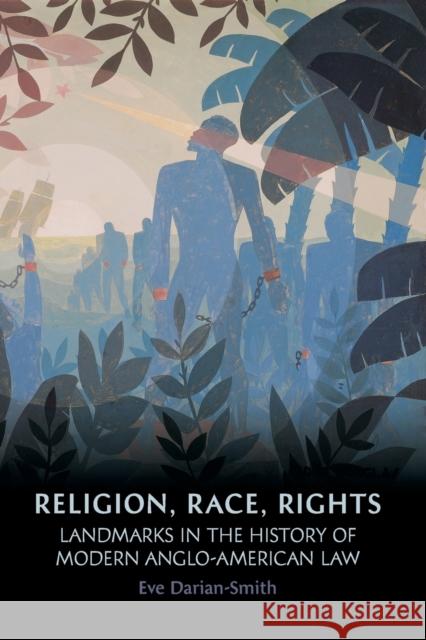Religion, Race, Rights: Landmarks in the History of Modern Anglo-American Law » książka
Religion, Race, Rights: Landmarks in the History of Modern Anglo-American Law
ISBN-13: 9781841137292 / Angielski / Miękka / 2010 / 332 str.
This book highlights the interconnections between three framing concepts in the development of modern Western law: religion, race, and rights. The author challenges the assumption that law is an objective, rational, and secular enterprise by showing that the rule of law is historically grounded and linked to the particularities of Christian morality, the forces of capitalism dependent upon exploitation of minorities, and specific conceptions of individualism that surfaced with the Reformation in the 16th century and rapidly developed during the Enlightenment in the 17th and 18th centuries. Drawing upon landmark legal decisions and historical events, the book emphasizes that justice is not blind, because our concept of justice changes over time and is linked to economic power, social values, and moral sensibilities that are neither universal nor apolitical. Highlighting the historical interconnections between religion, race, and rights aids our understanding of contemporary socio-legal issues. In the 21st century, the economic might of the US and the West often leads to a myopic vision of law and a belief in its universal application. This ignores the cultural specificity of Western legal concepts and prevents us from appreciating that, analogous to previous colonial periods, in a global political economy, Anglo-American law is not always transportable, transferable, or translatable across political landscapes and religious communities. Religion, Race, Rights is an accessible and easy-to-read introduction aimed at prospective law students. It can be used by undergraduate and graduate law students studying legal studies, anthropology, history, political science, and criminal justice. It will also be an important point of reference for those interested in sociology, multiculturalism, and globalization.











